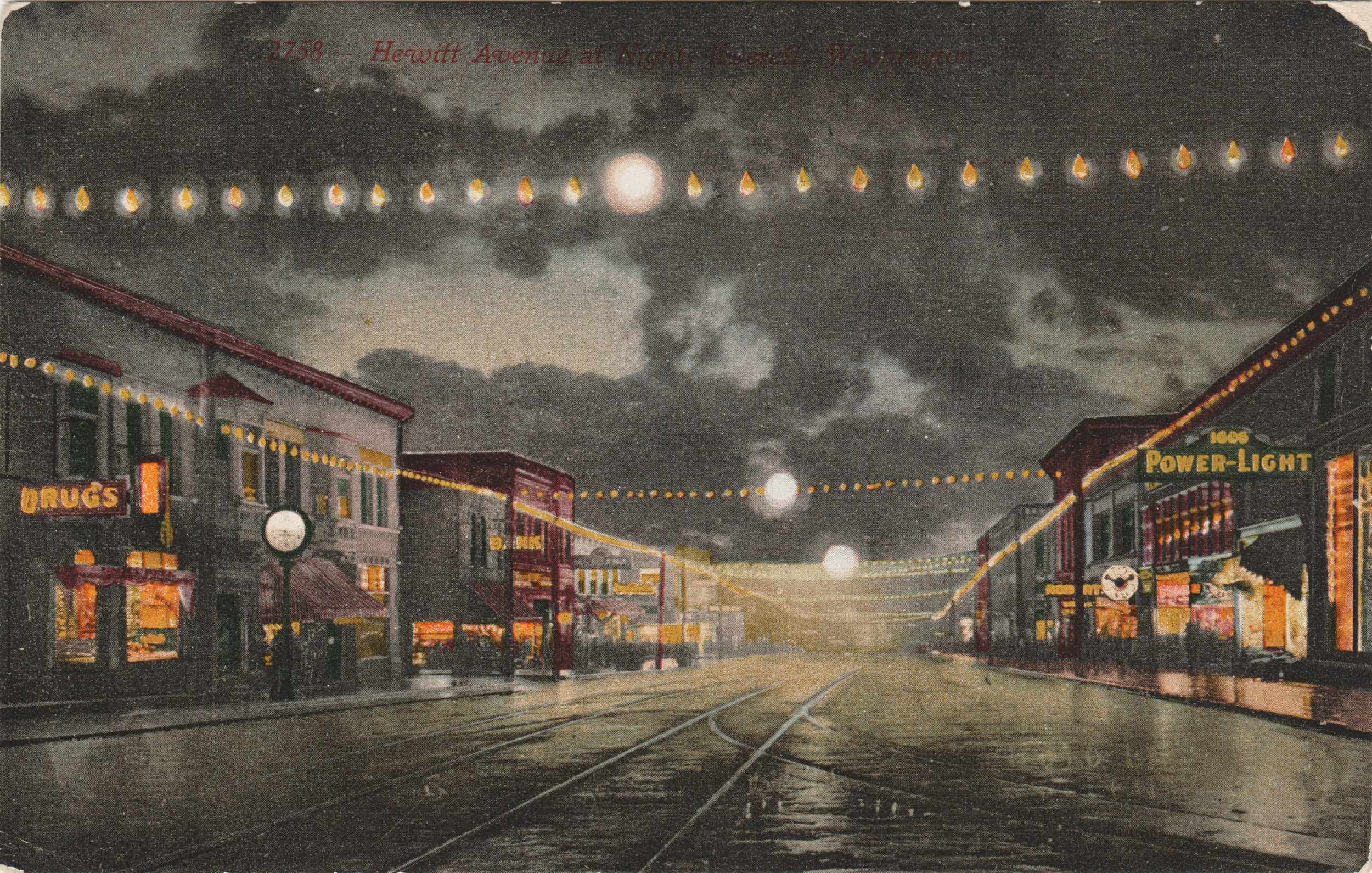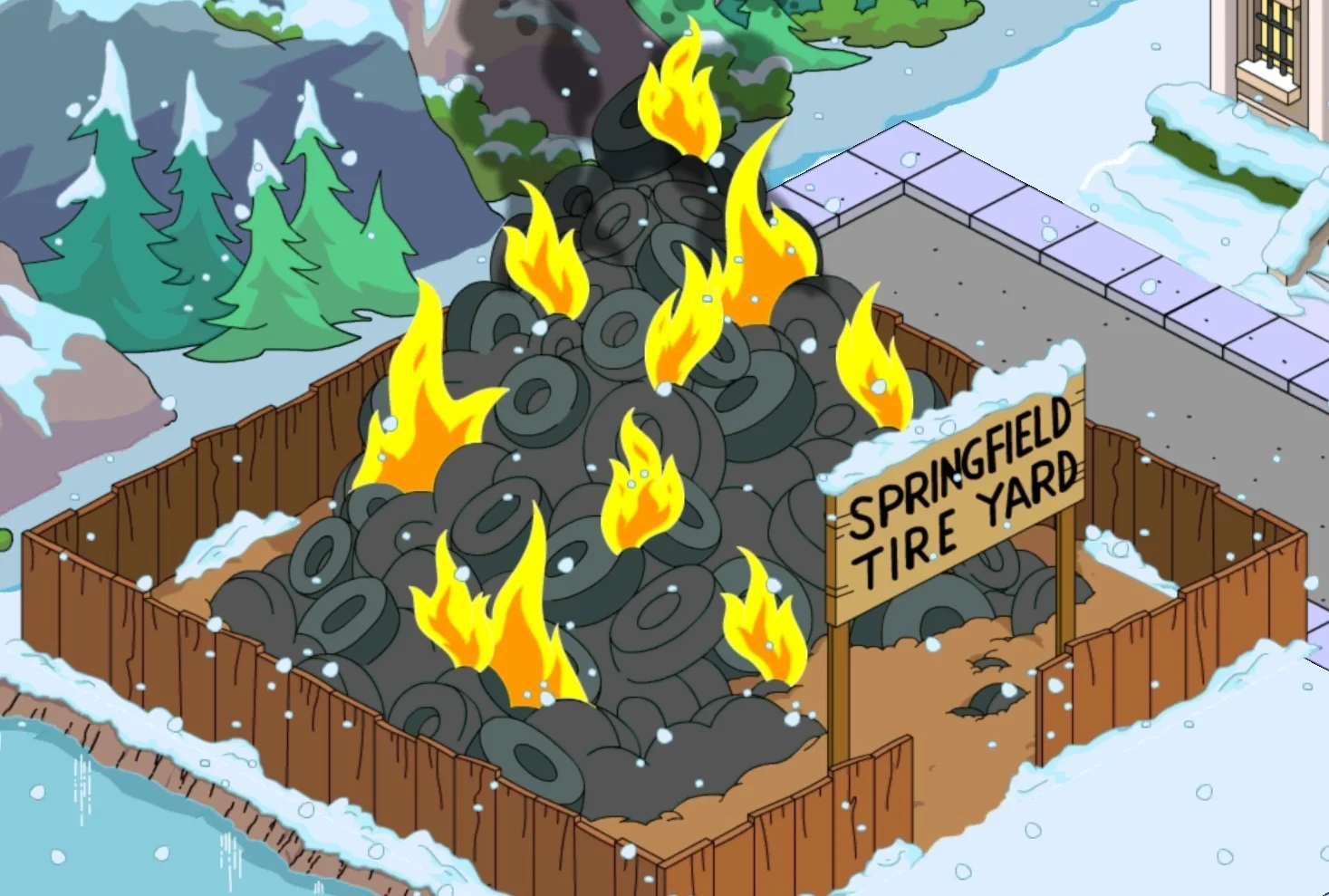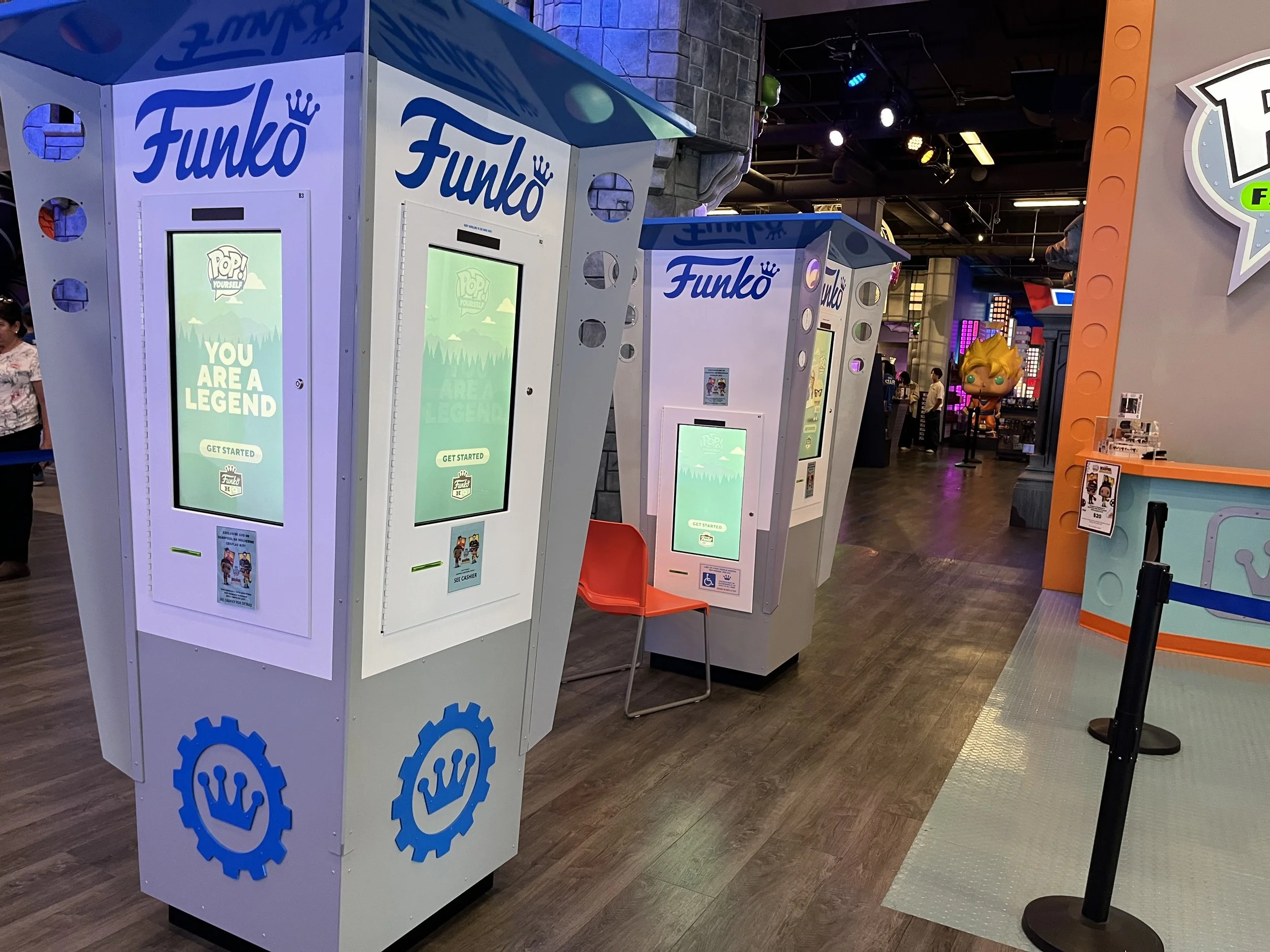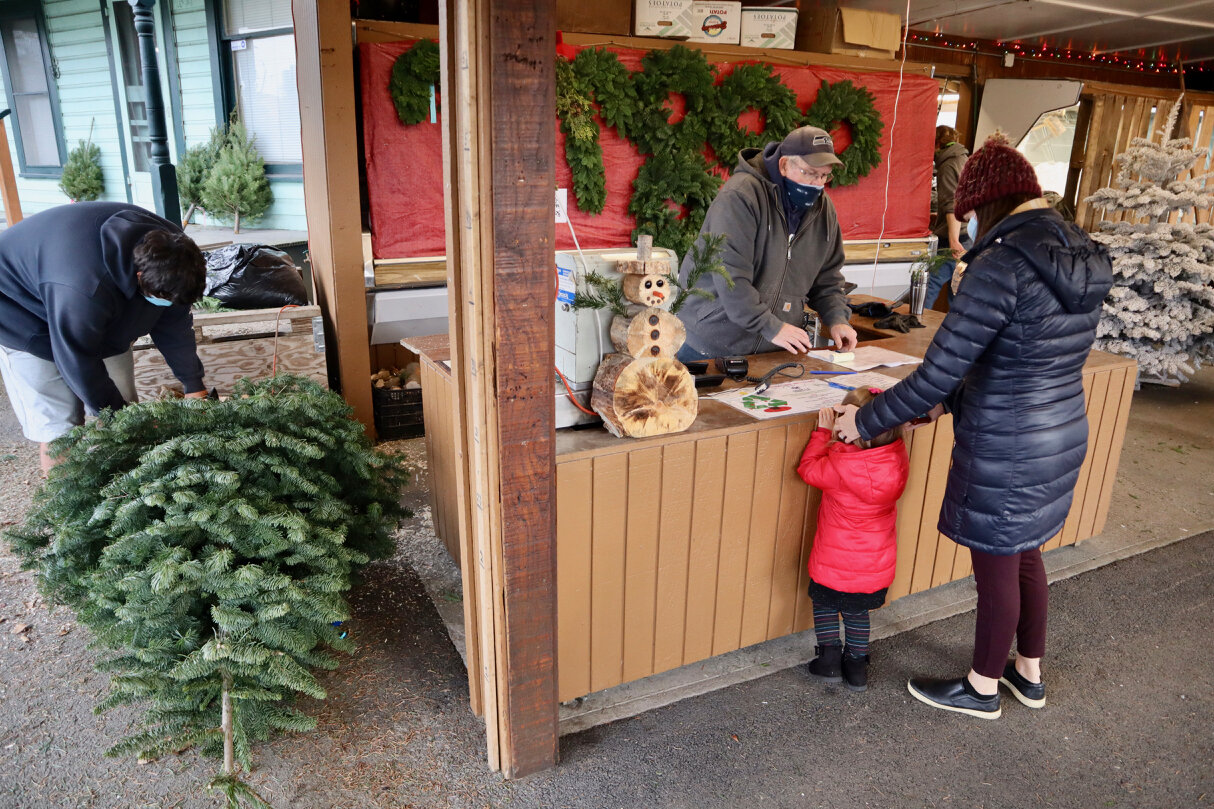Why The Triangle Fruit Market Matters
It’s an unexpected building: a red barn sitting on the busy intersection of Walnut & E Marine View Drive.
My daughter calls our walks to the Triangle Fruit Market “going to the farm.” I think she honestly expects to see cows there. So far we haven’t seen any.
It’s a roofed structure open to the air. The interior is painted sea foam green with neon signage.
It has large bins of colorful produce at very reasonable prices. That’s good for me. With two toddlers our household can devour two large bunches of bananas a week, a sack of oranges in three days.
But what I appreciate most about Triangle is what it offers my community.
The central area of the Delta Neighborhood is underserved for nutritious food options. Traditionally, this is an area of immigrant communities and low to middle-income housing. Many residents rely on bicycles, public transportation, or walking to access food.
There are two little-used p-patches in Delta. There is also a produce stand on the far west boundary (Country Farms on 16th & Broadway). Apart from these outlying resources, the residents of central Delta have the option of walking to convenience stores for food.
No bashing here: convenience stores do serve an important social function in my neighborhood. At the Market Basket corner store I often rub shoulders with neighbors buying cubes of Miller Lite. I chat with the cashiers about weather patterns or rainfall.
The thing about convenience stores is that they don’t have many nutritious food options. And nutritious food = healthy communities.
In the midst of what would otherwise be considered a food desert, The Triangle Produce Stand is a beacon, a throwback to when neighborhood groceries and non-convenience corner stores ruled Everett.* Triangle Fruit Market and its neighbor, the Franz Bakery Outlet across Marine View Drive, provide the residents of Delta with good food at affordable prices.
And they’re both easily accessible by foot.
Moreover, the Triangle caters to the culinary needs of diverse populations. Delta is comprised of many ethnic communities. When I visit Henry M Jackson Park I regularly hear Farsi, Spanish, Slavic, and Tongan languages spoken.
These cultures are reflected in the non-produce food offerings at Triangle: cotija cheese, Bulgarian feta, canned Baltic fish, pickled cabbage leaves, one liter glass bottles of papaya juice, Croatian wafers, Sriracha sauce, and coconut milk.
You can find almost any type of fruit or vegetable year-round. I’m 100% certain there are people within a mile radius of my home who make borscht on the regular. Triangle stocks mountains of beets.
Seasonal produce has its merit, but sometimes you just plain need limes in December to make dank guacamole.
My daughter’s idea of the Triangle Fruit Market as a “farm” makes sense to me.
Significantly, they sell wholesome local products: pico de gallo from Marysville, large jars of raw honey from Timberline Bees in Granite Falls, and raw golden-hued Guernsey milk from the Old Silvana Creamery. They sell grow-your-own tomato plants.
These are offerings not found at your average supermarket.
Some of these products—due to their quality and the cost of production—may exceed an average consumer’s price point. But if you consider the quality of the purchase and the convenience of finding it close to your home (zero transportation costs), then maybe $7 for a gallon of raw milk seems reasonable. That’s a question of value.
The point is that Triangle is bringing these wholesome, traditionally-agrarian products into an urban context—my urban context—making them conveniently available for locals to purchase.
I have come to see Triangle Fruit Market as an important facet of my community’s health. We have a few well-used bike lanes, a newly-renovated park, and affordable family housing. We have a very diverse population and the streets are quiet at night.
We are the land of raw milk and honey. And we have a barn.
*The infrastructure of these old general stores still exist. They typically adorn corner lots in Everett’s north neighborhoods: two–story buildings with large plate glass windows on the bottom floor. Nearly all of them have been converted over the years into residential units
Triangle Fruit Market
1420 East Marine View Drive
Everett, WA 98201
(425) 303-0153
Richard Porter is a social worker and musician. He lives in North Everett and enjoys running on Marine View Drive, bicycling down tree-lined streets, and trying to coax vegetables out of his yard.
























